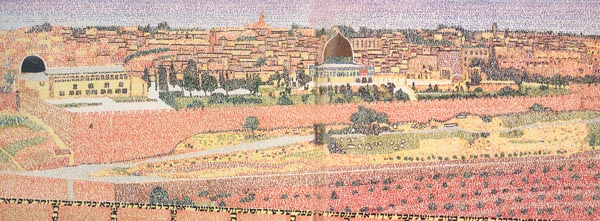
The Hebrew Bible has three parts: the Law (Torah), the Prophets (Nevi’im) and the Writings (Kethuvim). The Book of Psalms is part of the Writings. In the Law and the Prophets, God reaches out to man. The initiative is his. The message is his. He communicates, we receive. Our God-given free will allows us to be receptive, to be accepting, or to turn a deaf ear, to reject. In the Psalms, human beings reach out to God. The initiative is human. The language is human. We make an effort to communicate. He receives. He chooses to respond or not, according to his inscrutable wisdom. He gives his assent or withholds it.
In the Psalms, the human soul extends itself beyond its confining, sheltering, impermanent house of clay. It strives for contact with the ultimate source of all life. It gropes for an experience of the divine presence. The biblical psalms are essentially a record of the human quest for God; hence, the variety of forms in which the ancient psalmists expressed themselves, reflective of the diverse and changing moods that possessed them. In short, the psalms constitute a revealing portrayal of the human condition. No wonder they infuse and inform the basic patterns of both Jewish and Christian worship, give character and essence to their liturgies and govern the life of prayer and spiritual activity of the individual and the congregation.
Already a library member? Log in here.
Institution user? Log in with your IP address.

